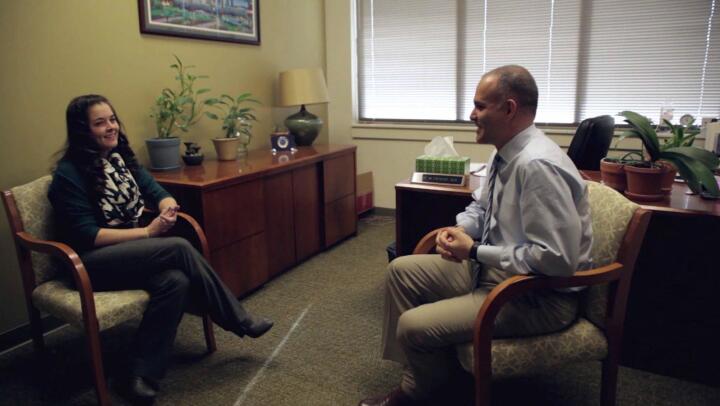
The overall treatment goal for people living with bipolar disorder is to minimize mood swings and other symptoms so that they can live functional and productive lives. Other psychiatric conditions are common among people with bipolar disorder, especially anxiety, substance abuse, eating disorders, and personality disorders. There is no cure for bipolar disorder, and treatment generally needs to be lifelong to most effectively control symptoms. The most effective treatment plans employ a multifaceted approach:
- Medications are prescribed to stabilize extremes of mood that occur with bipolar disorder. Medications may include mood stabilizers, such as lithium, antipsychotics, and perhaps antidepressants. It is essential to take all of your medications as prescribed. Do not adjust or discontinue drug dosages without first consulting with the prescribing doctor.
- Psychotherapy (talk therapy) is a type of therapy in which a psychotherapist builds a relationship with a client, establishes trust, and helps a client to better cope with bipolar disorder through a variety of forms of psychotherapy, such as family therapy and behavior therapy. These techniques can help people to recognize and work through the issues associated with bipolar disorder.
- Ongoing outpatient psychiatric and medical care is important to help monitor the effectiveness of treatment and to assess for side effects and safe levels of medications.
- Inpatient care may be necessary in some cases in which symptoms become so serious that a person is unable to safely care for basic needs and/or has becomes suicidal or a danger to himself, herself or others. In some cases, a person may need to be legally hospitalized against his or her will.
What are the possible complications of bipolar disorder?
Complications of bipolar disorder can be serious and even become life threatening in some cases. You can minimize the risk for serious complications of bipolar disorder by following the treatment plan you and your health care professional design specifically for you.
Complications of bipolar disorder include:
- Decreased ability to function effectively in work, school or daily life
- Delirium (mental confusion)
- Disability
- Poor quality of life
- Sleep disturbances
- Social isolation
- Suicidal thoughts or actions
- Self-harm
- Violent behavior













